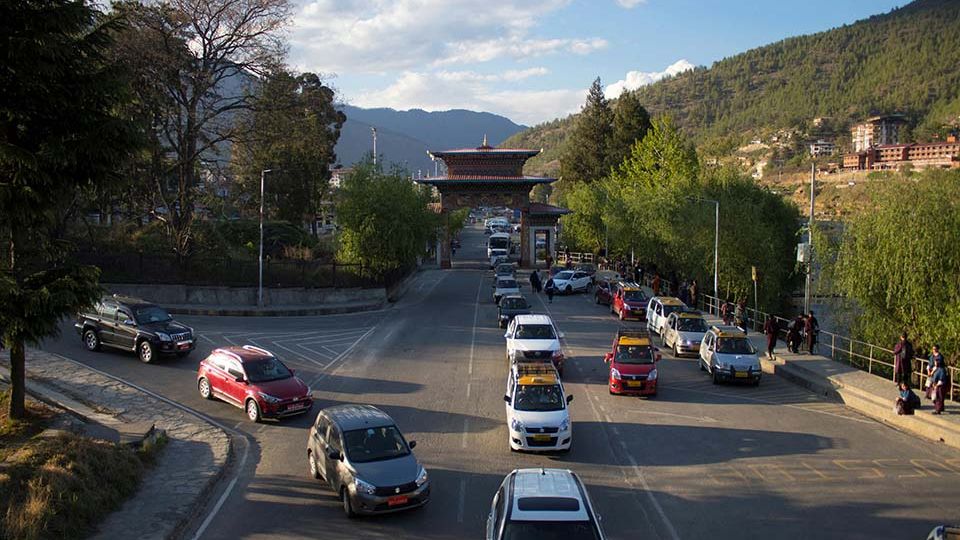June 5, 2025
THIMPHU – Consumers of small and medium-sized vehicles could see a 9 to 10 percent tax reduction, with efforts ongoing to address inflated vehicle prices through review of the point-of-sale system, Finance Minister Lekey Dorji said yesterday during the National Assembly’s Question-Hour session.
The proposed tax cut means an Alto car, which currently costs Nu 840,793, with 100 percent tax, would become cheaper by Nu 84,000.
The finance minister was responding to the question raised by Wamrong’s Member of Parliament (MP) Lam Dorji concerning higher tax on vehicle purchases.
He said that the steep taxation has placed a significant financial burden on ordinary citizens, especially the lower and middle income groups.
Currently, vehicle imports in the country are taxed 100 percent to 205 percent depending on the engine capacity, ranging from 1,200cc to over 3,000cc under the Tax Act 2022.
The MP highlighted that car ownership is increasingly becoming out of reach for many Bhutanese, despite vehicles becoming a necessity due to inefficient public transport, and questioned the government on plans to reduce import taxes to make cars more affordable for average households.
In response, Lyonpo Lekey Dorji said that the government is introducing tax reforms under the upcoming Excise Tax Bill 2025, aimed at promoting eco-friendly vehicles to support environmental sustainability, discouraging high-powered fuel-intensive ones, and taxing heavy vehicles more heavily due to their environmental impact.
reliable public transport and assured that affordability for middle and lower-income groups has been taken into account. Lyonpo said that the new Bill, proposing lower tax rates for small and medium vehicles, will now levy tax on the Free On Board (FOB) value instead of the Cost, Insurance, and Freight (CIF) for vehicles imported from India, which is intended to reduce both the taxable value and the overall tax burden.
By adopting FOB as the basis for calculating import tax for vehicles imported from India at the point-of-sale, Bhutan effectively reduces the taxable value of the vehicle by excluding the international freight and insurance components.
While a drastic reduction was not feasible, a 9 to 10 percent tax cut for smaller and medium vehicles has been proposed, Lyonpo said, adding that efforts are ongoing to address inflated vehicle prices through a review of the point-of-sale system.
Gangzur-Minjey MP Loday Tsheten raised concerns about inflated vehicle prices, attributing them to high profit margins by dealers, and questioned the government’s measures for price regulation, including those of a committee formed to study vehicle prices.
Lyonpo said that the committee observed vehicle dealers collected a green tax but remitted less to the government. He suggested that while tax reduction is being pursued, ensuring consumer protection and empowering consumers and media to build pressure on dealers might be the only solution for price regulation, rather than direct government intervention.


